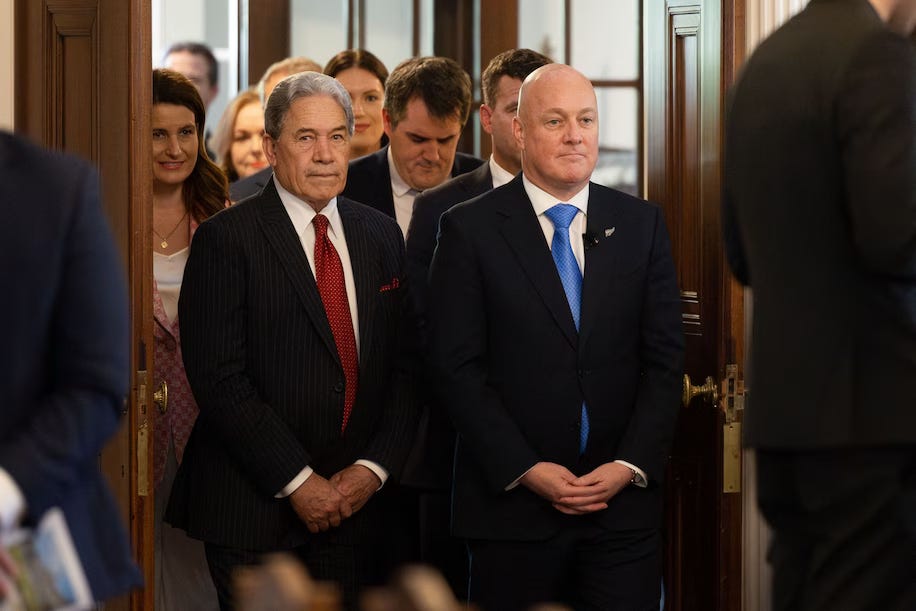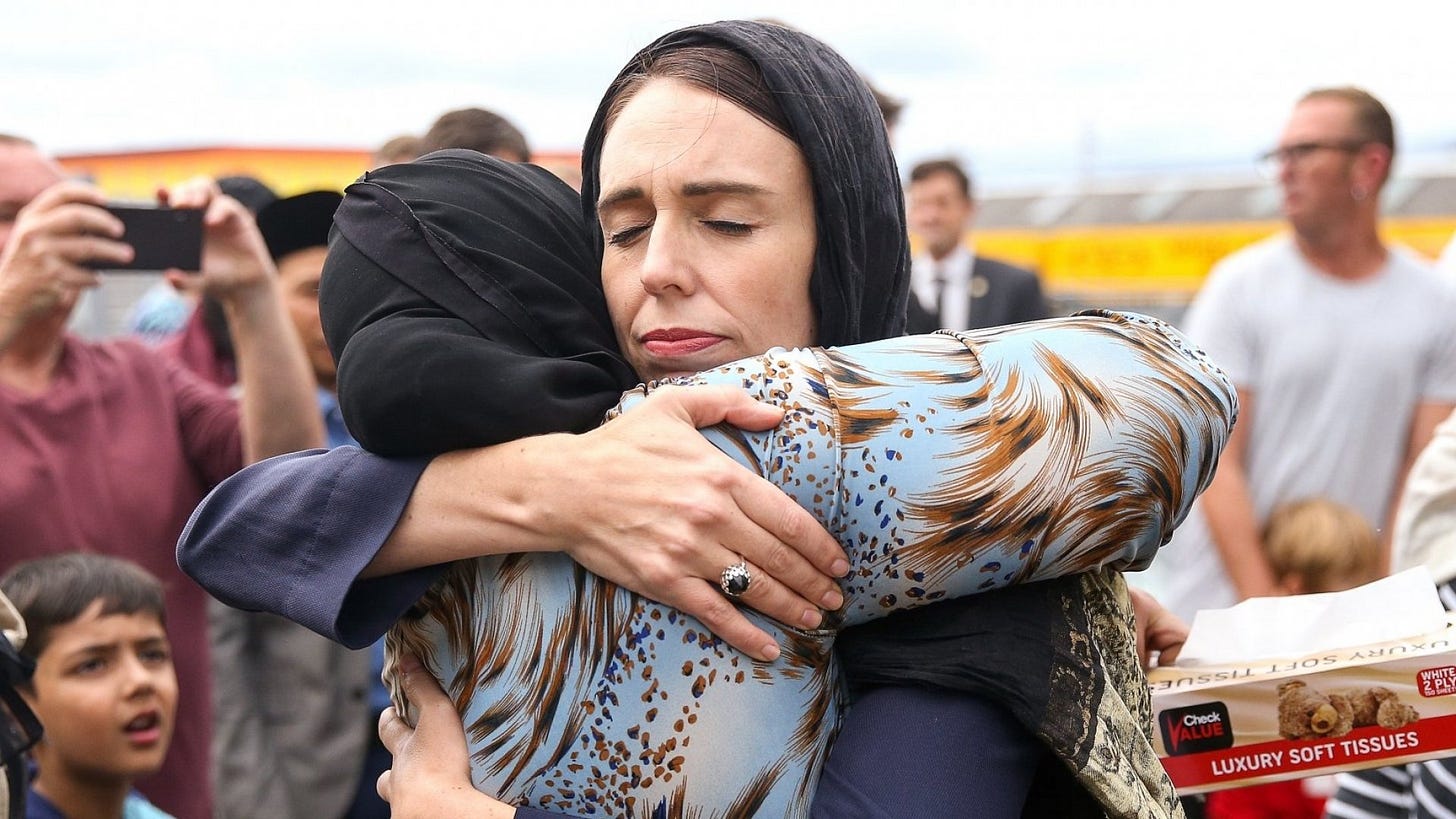Jacinda Arden’s Dream for a Smokefree New Zealand Goes up in Smoke
The new right-wing coalition Government in New Zealand has declared its decision to reverse the previous Labour Government's ambitious policy aimed at phasing out smoking by the year 2027.
End of the Jacinda Arden Era
Jacinda Ardern, a familiar and charismatic figure on the global stage, led New Zealand as its Prime Minister from October 2017 until her resignation in early 2023. Born on July 26, 1980, Ardern became a symbol of empathetic leadership, particularly during the COVID-19 pandemic and in the wake of the Christchurch mosque shootings on March 15, 2019. These events showcased her compassionate response to national crises. Ardern, who became a mother during her tenure, cited occupational burnout as the primary reason for stepping down, stating she "no longer had enough in the tank" to meet the demands of the premiership. Her decision not to seek re-election in 2023 marked the end of an era characterized by her telegenic, articulate, and politically savvy leadership.
Right-Wing Coalition in New Zealand: A New Political Era
The October elections, following Ardern's resignation and the interim leadership of her Labour Party successor, heralded a pivotal shift in New Zealand's political terrain. Faced with a fragmented electoral outcome, an intricate and extended six-week negotiation unfolded, ultimately giving rise to a right-leaning coalition government. Officially inaugurated on Monday, November 27, 2023, this new government, helmed by the National Party under Christopher Luxon, with ACT New Zealand and New Zealand First as partners, marks a stark contrast to Ardern's left-of-centre Labour governance. The formation of this coalition not only signifies a major shift in political stewardship but also underscores a profound realignment of New Zealand's policy framework and national priorities, indicating a new chapter in the nation’s political history.

Revoking the Smokefree Vision
One of the first and most notable actions of the new government was to reverse the ambitious smokefree initiative of the previous Labour Government. This groundbreaking law, set to progressively take effect from 2027, aimed at phasing out smoking in the country. While it meant forgoing substantial government revenues, the Ardern administration justified it with the expected reduction in healthcare costs due to fewer smoking-related illnesses. This policy reversal has sparked debates and concerns about public health priorities.
Global Implications and the Indian Perspective
The policy reversal in New Zealand has raised questions globally, particularly in countries like India where the tobacco industry is a major revenue source yet poses significant public health challenges. In India, tobacco and alcohol remain outside the GST regime, allowing states to maintain control over taxation and policies. This scenario presents a moral and economic conundrum: balancing revenue generation with public health concerns. As awareness about health risks grows, the decision of the New Zealand Government serves as a case study for other countries grappling with similar issues.
Economic Considerations and Health Implications
The decision to revoke the smokefree law reflects a complex interplay of economic considerations and public health policies. By reversing the ban, the new government anticipates increased tobacco sales and associated tax revenues. This approach, however, raises concerns about the long-term health costs and social implications, particularly among vulnerable populations. The move has been criticized as a step backwards in the global fight against tobacco-related illnesses.
Summing Up: A Pivotal Moment in Public Health Policy
The revocation of New Zealand's pioneering smoking ban represents a pivotal moment in public health policy. It highlights the challenges governments face in balancing economic gains with health outcomes. As New Zealand embarks on this new path, it sets a precedent that could influence global policy decisions in public health, particularly in countries like India where similar debates are ongoing. The situation underscores the need for a balanced approach that prioritizes long-term health benefits while addressing economic realities.






